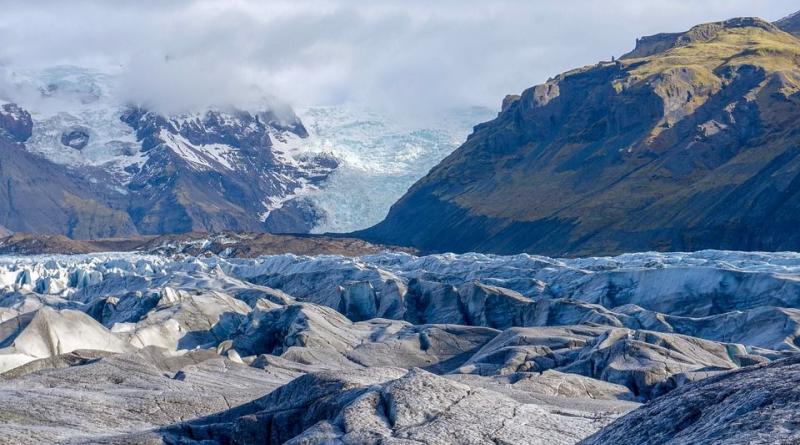New study finds significant decline in North American glaciers

A new study has found that there has been a significant decline in glaciers in Western North America.
The study, published in Geophysical Research Letters, found that glaciers have been losing mass during the first two decades of the 21st century. Glaciers are indicators of climate change as they shrink and grow in response to changes in precipitation and temperature.
The research team used archives of high resolution satellite imagery to create over 15,000 digital elevation models covering glaciers from California to Yukon, excluding Alaska. These elevation models were then used to estimate total glacier mass change over the period of the study.
Over the period of 2000-2018, glaciers in Western North America lost 117 Gigatonnes of water, this is enough water to submerge an area the size of Toronto by 10 metres each year.
The North American glaciers analysed are smaller than those in Alaska and Asia so won’t contribute much to sea level rise, according to the study. However, they will be important for water management and flood prevention.
Dr. Brain Menounos, a professor at the University of British Columbia and lead author of the paper, said: "Our work provides a detailed picture of the current health of glaciers and ice outside of Alaska than what we've ever had before. We determined that mass loss dramatically increased in the last 10 years in British Columbia's southern and central Coast Mountains, due in part to the position of the jet stream being located south of the US-Canada border."
This follows a study that found that Antarctica is losing six times more ice mass annually now than 40 years ago.
Read the full report here.
21 January 2019
Rachel Cooper
![]()

